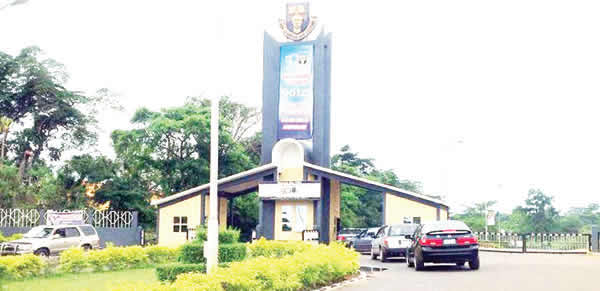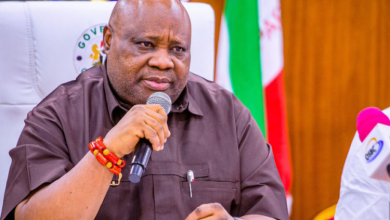Doctors’ Strike At OAU Puts Medical Students’ Exams In Jeopardy

The industrial action by the Medical and Dental Consultants’ Association of Nigeria (MDCAN) at the Obafemi Awolowo University (OAU) Teaching Hospital highlights critical issues plaguing medical education and health sector administration in Nigeria. Here are the key takeaways:
Reasons for the Strike:
1.Discriminatory Selection Criteria for Leadership Positions:
•Clinical lecturers have expressed concerns over the exclusionary policies affecting their eligibility for university leadership roles, particularly for the vice-chancellor position.
•They demand an inclusive prototype advertisement for leadership positions.
2.Non-Implementation of CONMESS (Consolidated Medical Salary Structure):
•MDCAN demands the application of CONMESS to clinical lecturers at OAU, as is done in other federal universities.
•This financial disparity is a longstanding grievance affecting the motivation and retention of clinical lecturers.
3.Additional Demands:
•Harmonization of payment structures across medical and dental lecturers.
•Addressing the discriminatory policy against medical fellowships.
Implications of the Strike:
1.Impact on Students:
•Over 100 final-year medical students may have their exams delayed, disrupting their progression.
•The uncertainty could demotivate students and tarnish the university’s reputation.
2.Accreditation Risk:
•The National Universities Commission (NUC) may revoke the accreditation of the medical college due to staffing shortages and unresolved emolument issues.
3.Dwindling Workforce:
•The dearth of clinical lecturers, compounded by poor remuneration, threatens the sustainability of medical education.
Call to Action:
•The government and OAU management must urgently engage with MDCAN to resolve these issues. Delays risk exacerbating the already fragile health and education systems.
•Addressing these grievances comprehensively could set a precedent for resolving similar disputes nationwide.
This ongoing crisis underscores the need for systemic reforms to enhance medical education and retain skilled professionals within Nigeria.



